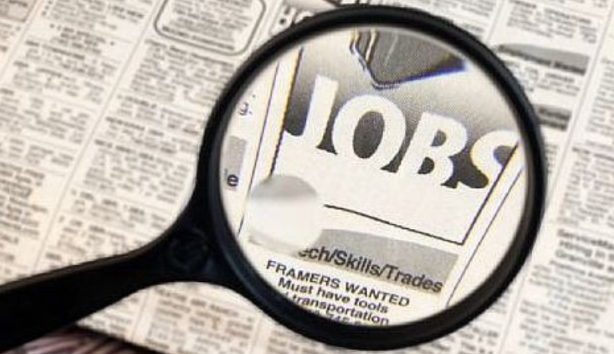A Lack Of Artificial Intelligence Managers Threatens Italy

The problem is not only in the lack of educational institutions for bringing up this kind of specialists. There is also the absence of a general concept to solve the problem of training qualified personnel. Sceptics believe that the creation of added value in the era of artificial intelligence depends on the genius of the individual — a creative expert who cannot be taught to manage the processes of artificial intelligence.
Internet gurus such as Mark Zuckerberg or Pavel Durov are often cited as examples. However, people forget that the above-mentioned creators are only the developers of the concept, which is implemented by an horde of medium-level managers. Approximately the same situation was observed at the dawn of mass computerization and internetization of our planet. Geniuses have developed the concept of the Internet and created the first prototypes of computers. Only then they were refined, modified and used by armies of advanced users. However, for the mass development and use of computers, it took decades.
Currently, there is just the same gap: artificial intelligence is moving forward by leaps and bounds, while the formation of qualified managers is lagging far behind. In Italy, there is an acute shortage of personnel capable of developing data analysis and their interpretation.
It is believed that the first applicants for training should be highly skilled professionals and specialists, such as lawyers, notaries, doctors and economists, who immediately put artificial intelligence into practice in their offices. It is also believed that the above-mentioned categories have the knowledge and skills necessary for the practical management of artificial intelligence, including elements of mathematics, statistics, programming and English language.
A classic example here is Finland with its successfully completed experiment on mass training in artificial intelligence management that covered 1% of the population. The experiment allowed to form 55 thousand potential workers in a rapidly developing field within two years.
Italian Minister of Education, Higher Education and Scientific Research Marco BUSSETTI said that already this year 4 mln euros were allocated for bringing up research interns who will graduate to work in the field of artificial intelligence.
From the beginning of the new academic year, some Italian universities will introduce special courses on artificial intelligence, both for the undergraduates with 3 years of study, and for the magistracy with a 5-year course of study.
Article written by Vsevolod Gnetii, Bitnewstoday special correspondent in Italy